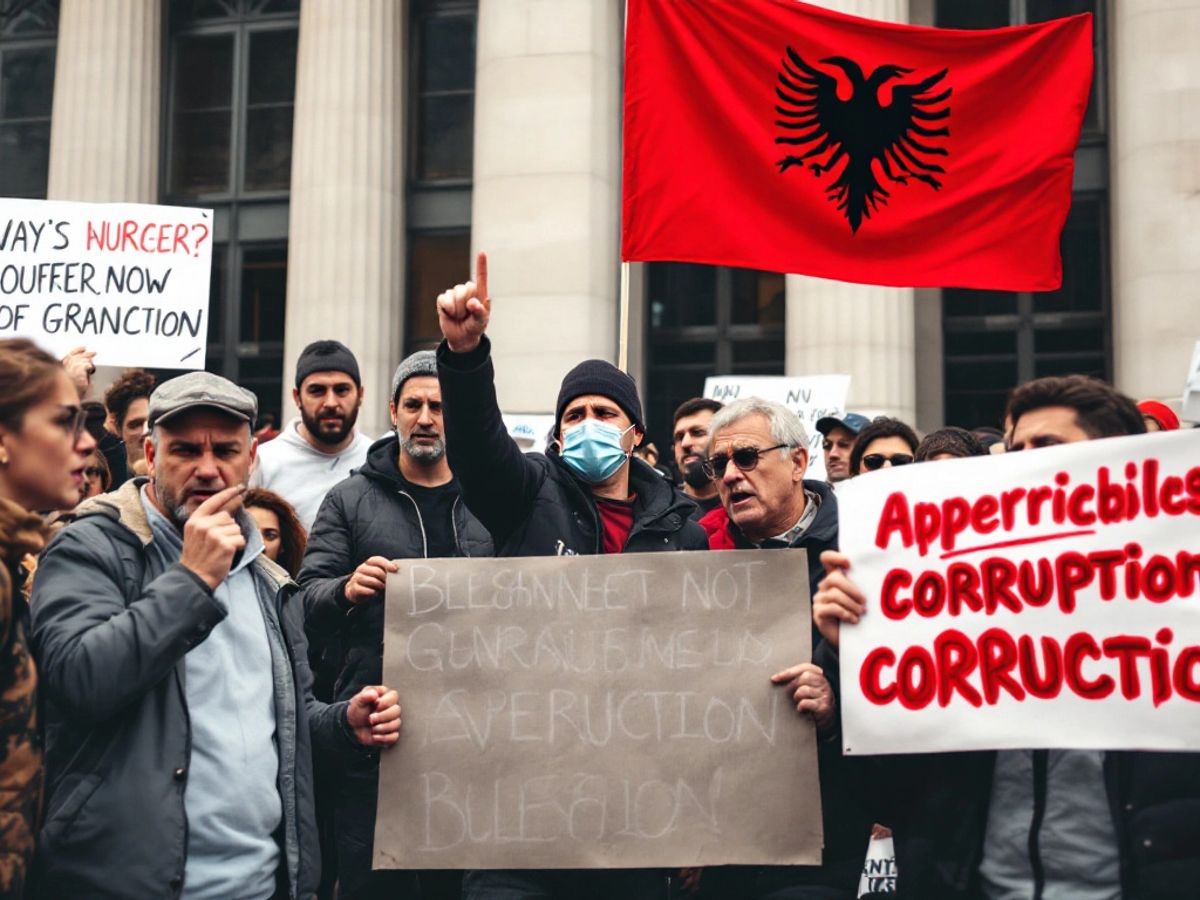The Albanian government’s ambitious anti-corruption initiative, aimed at restoring public trust and securing EU accession by 2030, has faced significant backlash and is now in jeopardy. Prime Minister Edi Rama’s Special Commission for Deepening Reforms, intended to tackle graft, has been criticized by various stakeholders, including the EU, opposition parties, and civil society groups.
Key Takeaways
- The initiative was launched to address corruption and improve governance in Albania.
- Criticism arose from concerns that the commission undermined existing anti-corruption structures.
- The backlash has raised questions about the government’s commitment to genuine reform.
Background of the Initiative
In March, Prime Minister Edi Rama introduced the Special Commission for Deepening Reforms on Good Governance, Rule of Law, and Anti-Corruption, commonly referred to as the Xhafaj Commission, named after its chairman, Socialist MP Fatmir Xhafaj. This initiative was part of a broader strategy to revitalize the ruling Socialist Party’s image after a series of corruption scandals that have plagued the government during its 11-year tenure.
The commission was designed to align Albania’s governance with EU standards, particularly in the context of the country’s aspirations for EU membership by 2030. The EU and the United States initially supported the commission, emphasizing the importance of combating corruption through administrative reforms.
Stakeholder Reactions
Despite initial support, the initiative has faced mounting criticism:
- Opposition Parties: They have expressed concerns that the commission is a facade, aimed at undermining the Special Structure Against Corruption and Organized Crime (SPAK), which has been effective in investigating high-level corruption.
- Civil Society: Various organizations have voiced skepticism, arguing that the commission lacks transparency and accountability, which are crucial for genuine reform.
- EU Concerns: European officials have reiterated the need for Albania to strengthen its existing anti-corruption mechanisms rather than create new structures that may dilute efforts.
Implications for Governance
The unraveling of the anti-graft initiative raises significant questions about the Albanian government’s commitment to tackling corruption. The backlash from stakeholders suggests a growing discontent with the ruling party’s approach to governance and reform. Key implications include:
- Erosion of Public Trust: The failure of the initiative may further erode public confidence in the government’s ability to address corruption effectively.
- Impact on EU Accession: The EU may reconsider its support for Albania’s accession process if the government fails to demonstrate a genuine commitment to reform.
- Strengthening of Opposition: The opposition may gain traction by capitalizing on the government’s missteps, potentially leading to a shift in the political landscape.
Conclusion
The Albanian government’s anti-graft initiative, once seen as a beacon of hope for reform, is now facing significant challenges. As stakeholders voice their concerns, the future of the initiative remains uncertain, and the government’s ability to navigate this crisis will be crucial for its political survival and the country’s aspirations for EU membership. The coming weeks will be critical in determining whether the government can regain the trust of its citizens and stakeholders alike.





